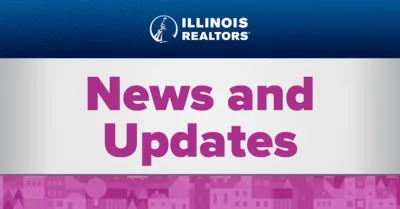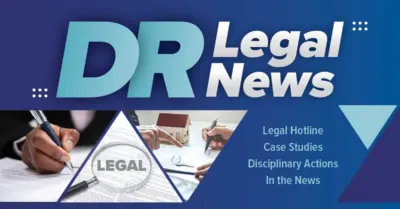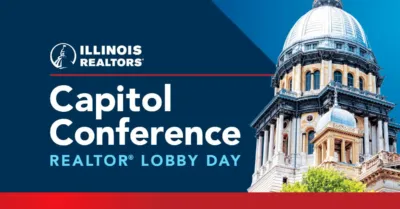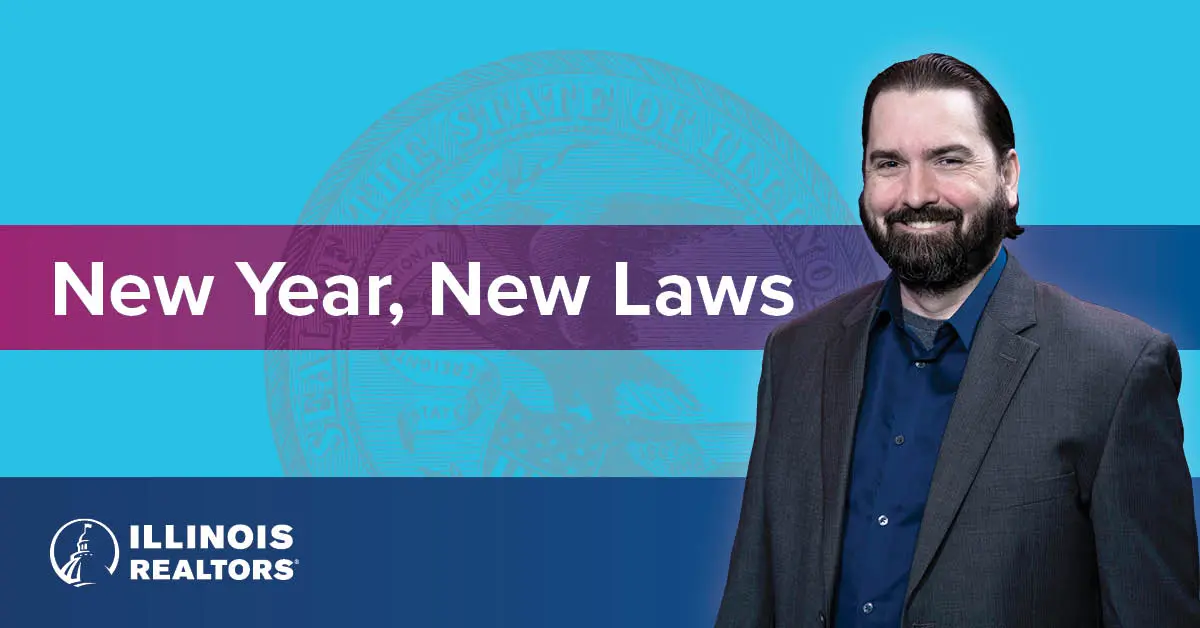As more IAR members discover the purpose of the Transaction Helpline, the more familiar they’ll be with Jeffrey T. Baker.
Baker is the Sorling Northrup attorney who’ll answer questions about the real estate contracts REALTORS® use with buyers and sellers. During the past six weeks, he’s started to get the word out to managing brokers letting them know about the creation of the Transaction Helpline, and its separate phone number (844-647-3833) and email address ([email protected]).
As a result of his appearance at the IAR Fall Conference & Expo in Chicago and a brief explanation of his expertise in a newsletter to managing brokers, he’s getting an increasing number of inquiries. So far, he says most of the situations involved questions about inspections, disclosures and earnest money payments. As time goes on, he is convinced the situations will become more varied.
Growth of Legal Services
For more than 20 years, IAR has offered legal information and assistance to REALTORS®, mostly involving state licensure issues and questions about the REALTOR® Code of Ethics. However, he says that in recent years, an increasing number of questions involved real estate contracts.
For years, IAR members with legal questions have spoken directly with Legal Hotline Attorney Betsy Urbance. They have also seen the webinars she’s participated in on various real estate topics. She continues to be your contact in those areas. The addition of Baker expands the legal services available to members.
“A lot of trade associations don’t provide legal services to their members like the Illinois Association of REALTORS®,” says Baker. “It’s a great service for our members.”
For Example
One question Baker recently answered was:
Q. What are the Buyer’s options when the contract is lawfully terminated but the holder of the earnest money will not return the funds?
A. Questions related to earnest money are some of the most often asked questions and the answer really depends on the facts of each case. The general rule that will apply in almost every case is that if there is a dispute as to who is entitled to the funds, then the holder may not disburse the funds without either joint written direction from the parties or a court order. From this general rule, there are several specific ones that may apply to any one transaction. For instance, if one party makes a claim for the funds but does not file a legal action in court, the holder of the funds may turn the funds over to the State Treasurer’s unclaimed property division if 6 months has passed since the time of the initial claim. Or, if the holder of the funds would like to disburse pursuant to the directions contained in a written contract, the holder may notify the principals of the transaction of its intention and plan for disbursement and if a written objection is not received within at least two weeks of the notice, then the holder of the earnest money may disburse the funds according to the disclosed plan of disbursement. The holder of the earnest money could even file a legal action itself to determine the rightful owner of the funds, though this is very rare. When a Buyer is attempting to obtain a return of its earnest money though and is unable to receive the written consent of the Seller or even cooperation from the holder of the earnest money for that matter, the Buyer’s only option is litigation to force the return of the funds.
Misconception
Baker says the REALTORS® he’s spoken with usually begin their inquiries to the Transaction Helpline with two questions in mind. First, they want to know if their situation has legal ramifications. Second, they want to know what to tell their clients.
“I tell managing brokers I am NOT the attorney for buyers or sellers. That’s a misconception we want to avoid. For the time of the call or email, we are the attorneys for the REALTORS®. We are able to look at the contracts they are using and legally interpret the language for the brokers.”
“While we want to educate our REALTORS®, I also tell the brokers to direct clients – the buyers and sellers or the landlords and tenants – to speak to their own attorneys with their own legal questions We don’t want the REALTORS® to ‘practice law’ or give advice that a lawyer should be giving to their own clients.”
Baker notes that although Illinois real estate contracts are very similar in theme and intent, the 34 local associations have slightly different versions for residential, commercial or land transactions. He estimates he must be familiar with more than 50 contracts, along with their riders, addendums and contingencies.
So in the future, as you consider issues surrounding real estate contracts – whether they are residential, commercial, farm land, etc. – don’t hesitate to contact Baker. He is your IAR resource, and he’s only a phone call or email message away.

















